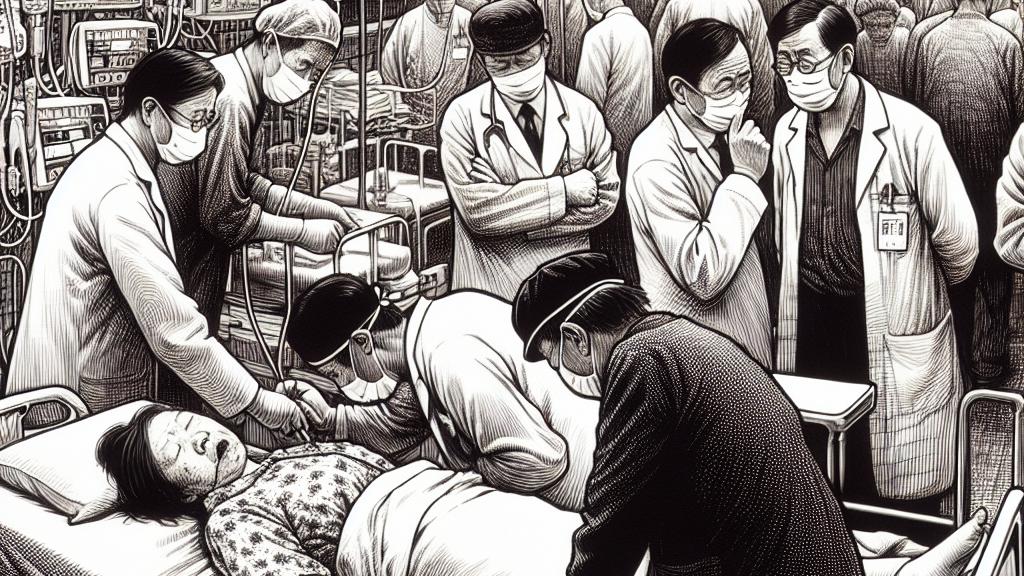Botulism Strikes Taiwan: First Case in Four Years Leaves Everyone on Edge!
Overview
- Taiwan has reported its first case of botulism since 2020, alarming health authorities.
- The patient, a woman in her 50s, presented severe symptoms indicative of a serious neurological disorder.
- The CDC emphasizes the need for strict food safety measures to prevent future outbreaks.

The Recent Botulism Case: A Wake-Up Call for Taiwan
On July 23, 2024, Taiwan acknowledged a significant public health concern with the first case of botulism in four years. This incident involved a woman in her 50s from southern Taiwan who exhibited troubling symptoms that began on July 13, including diarrhea and pronounced neurological issues like droopy eyelids and difficulty swallowing. As her condition deteriorated, she was rushed to the intensive care unit (ICU) for urgent treatment. Despite numerous tests confirming the botulinum toxin's presence by July 19, determining the exact food source has proven difficult, primarily due to the patient’s compromised condition and inability to relay her food history.
Understanding Botulism: Causes, Symptoms, and Transmission
Botulism is a life-threatening illness caused by the botulinum toxin, produced by the bacterium Clostridium botulinum. This neurotoxin is typically ingested through improperly preserved foods, particularly home-canned goods, which are prone to contamination if not prepared adhering to safety guidelines. Classic symptoms of botulism include facial paralysis, blurred vision, difficulty swallowing, and muscle weakness. If left untreated, botulism can escalate rapidly, affecting respiratory muscles and leading to death. Taiwan's last recorded case was in 2020, and between 2015 and 2020, sporadic cases reported a maximum of six in one year, underscoring the necessity for continuous public awareness about botulism and food safety.
Food Safety Protocols: Steps to Prevent Botulism Outbreaks
In the wake of this alarming case, the CDC is proactively advocating for enhanced food safety measures. Key recommendations include thoroughly boiling homemade pickled foods and inspecting canned goods for any signs of damage, such as bulging lids or unusual odors. Additionally, it is crucial to store vacuum-sealed items in the refrigerator and consume canned foods before their expiration dates. The CDC urges anyone experiencing symptoms related to botulism—such as muscle weakness or gastrointestinal distress—to seek immediate medical attention. By educating the public on food safety and encouraging prompt response to potential botulism symptoms, health officials hope to prevent further incidents and protect public health in Taiwan.

Loading...